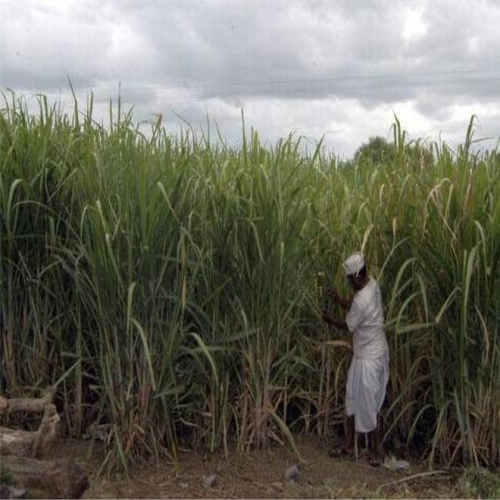Kolhapur: Around 20 sugar mills in Kolhapur district have jointly issued an appeal to farmers, urging them to ensure a consistent and uninterrupted supply of sugarcane for the ongoing crushing season, reported The Times of India.
The mills contend that a steady supply is crucial to prevent financial complications and ultimately benefit the farmers. This collective statement comes ahead of a gathering of sugarcane farmers organized by the Swabhimani Shetkari Sanghatana (SSS), led by former Member of Parliament Raju Shetti, in Jaysingpur.
The Swabhimani Shetkari Sanghatana, which boasts significant support among sugarcane farmers in key cane-producing districts, has already started protests aimed at halting crop harvesting and transportation to the mills. According to SSS, the mills should publicly announce the purchasing price for sugarcane before any cutting and transport is permitted.
In their joint statement, the sugar mills unequivocally state that they are unable to offer more than the Fair and Remunerative Price (FRP) set by the central government. The FRP for the current sugarcane season stands at Rs 3,150 per tonne for a 10.25% sugar recovery rate. The mills are willing to adhere to this rate based on sugar recovery.
The statement, signed by senior officials of the sugar mills, emphasizes, “In the last five years, while the FRP amount has increased, the MSP of sugar has remained constant, resulting in minimal profits for the mills. We should also advocate for an increase in the MSP to enable the mills to clear their debts and provide better returns to the farmers.”
The mills are urging an immediate commencement of the crushing process, warning that any delays will lead to reduced availability of sugarcane and adversely impact the mills’ revenue. They point out that this time, due to a shortage of sugarcane, the mills are likely to operate not more than 100 days. Additionally, neighboring districts and the state of Karnataka have already commenced their crushing operations, increasing the likelihood that farmers may divert their produce to mills located in those areas.











